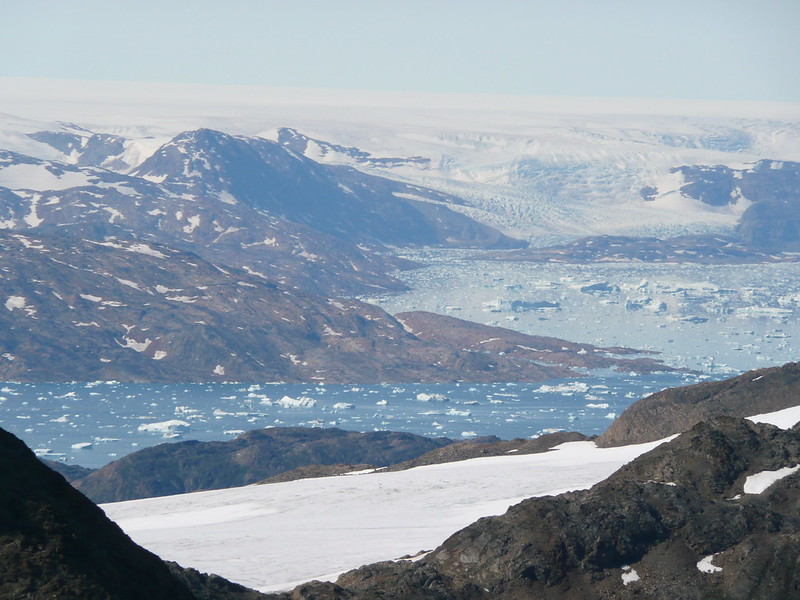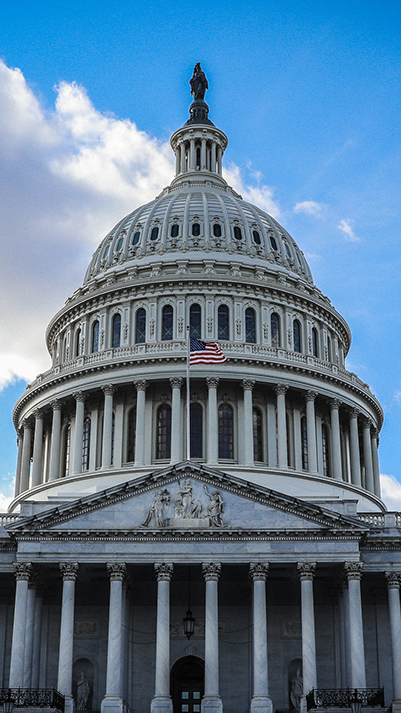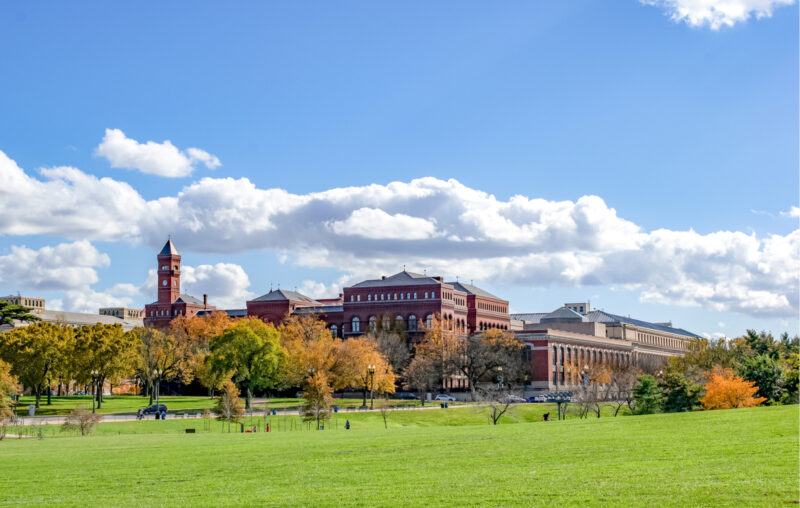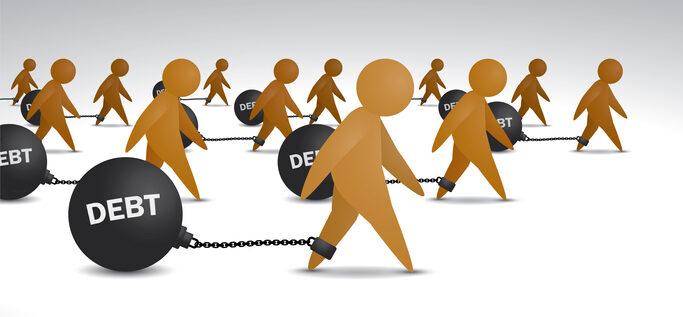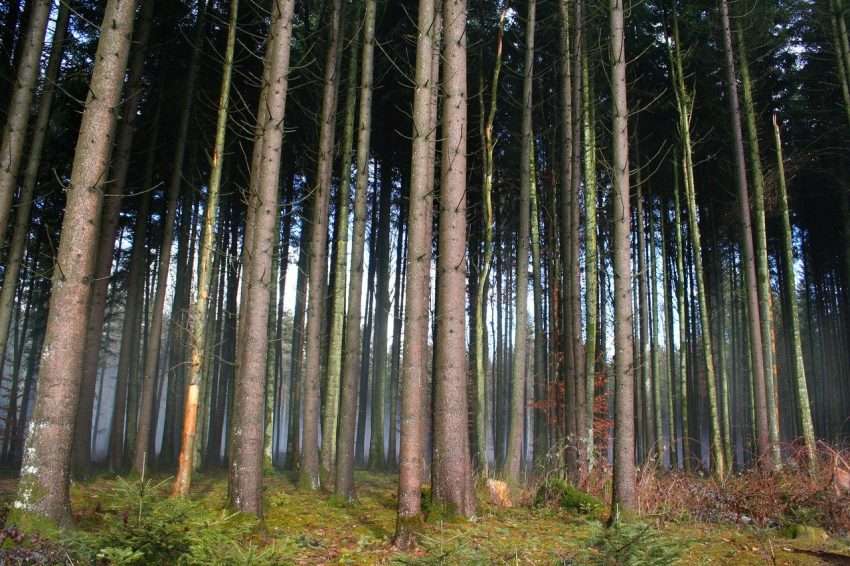Greenland ‘s ice mass is melting—but more slowly than it did a decade ago, and its level right now is about the same as in the 1930s. But little of this information reaches the media or even the reports of the Intergovernmental Panel on Climate Change (IPCC)…
